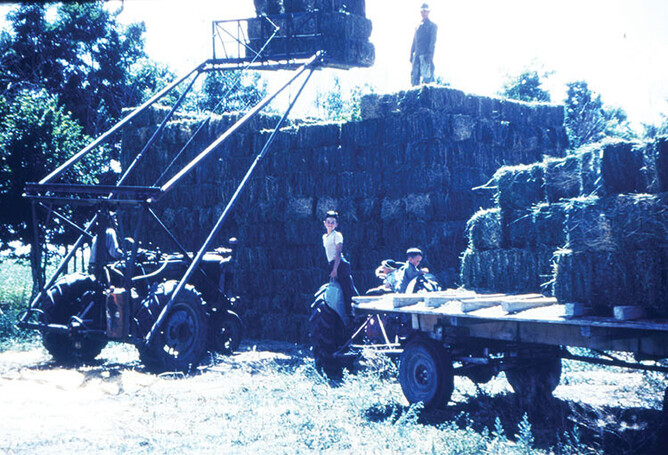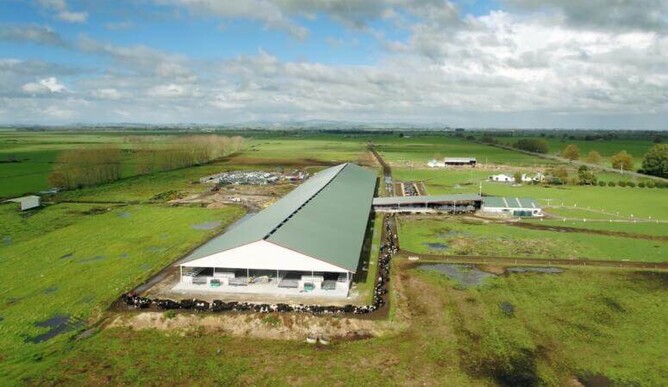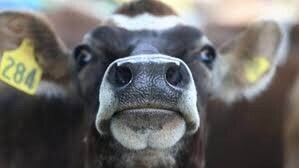Written by Samantha Cutler - I can smell autumn in the air and many Waikato dairy farmers will be heading towards the end of their milking year.
All sounds as it has for years. So, what has changed within rural Waikato from sixty or seventy years ago? I’m lucky to have so many personal history memories to reflect upon.
A florist remembered, “During the winter, florists based wreaths with heather and farmers sent 70lb bags to the flower market. The plant mostly grew by the roadside because farmers limed their paddocks. Now, due to aerial top dressing, there is little even on the roadside.”
The same lady also recalled, “The Waikato was a peat swamp and was still being cleared in the 1950s and 60s. Burning the peat wood caused smog and the sun only appeared for half an hour between 4.00pm and 4.30pm. The days and nights were so cold.”
A north Waikato lady reflected, “I milked with my parents in an eight-aside shed. My parents milked three on each side and I milked two.”
Another lady reminisced, “In the mornings Dad loaded the cream cans on the sledge, tossed me up onto the horse’s back, and we set off along the track while Dad hosed down the shed.”
While recording a family history, a farmer’s wife told me, “We arrived in the Waikato from Ireland in November 1964 and I can remember frosts, and the farmers were making silage.”
A King Country sheep and beef farmer told me, “I have memories of thick ice on water troughs and puddles.” He continued, “We rode our ponies to school along sand roads which are now state highways.”
A retired nurse told me, “As a child, my job was to walk round and round the paddocks following the baler and when the bales dropped out of the machine, I stopped them from rolling into the gully.”
I realise economics equate to intensification, but to what ends? We are losing wildlife and the climate is warming. Small farms are being replaced by far larger ones. Due to technology and machinery, one person can now achieve the work of five, but with little motivation to progress. There are less farms worked by family members; much labour is from overseas and transitional, which in turn affects rural communities.
There is no solution – farmers need to be profitable while adhering to far more legislation than was around in the 1950s and 60s, but it is heartening to remember days gone by. They will never return.
If you have old Waikato farming memories you would like to record, contact us. Once you’re gone, your stories go with you.



